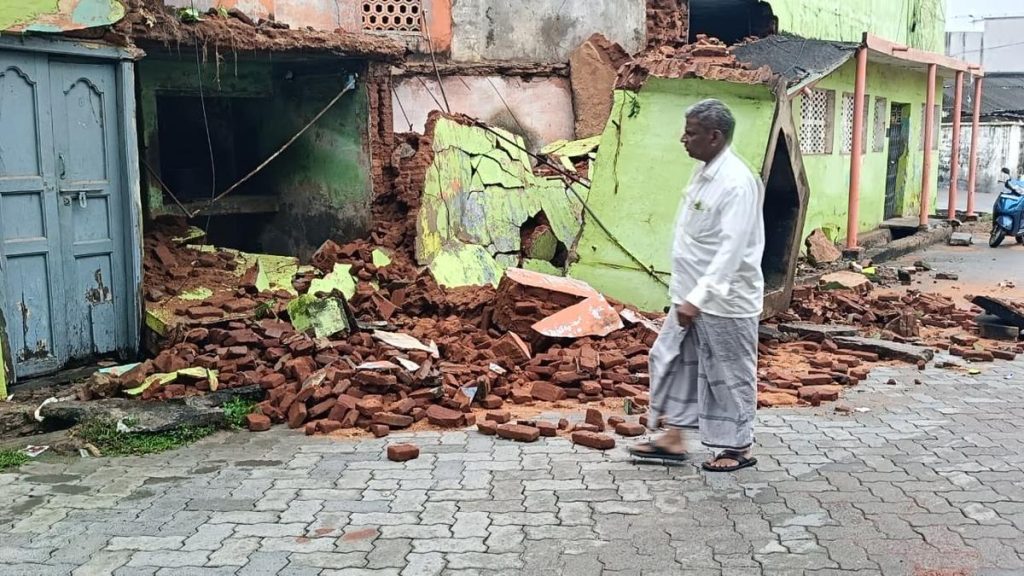Now Reading: CPI(M) Calls on Chief Minister to Address Mango Farmers’ Crisis in Chittoor
-
01
CPI(M) Calls on Chief Minister to Address Mango Farmers’ Crisis in Chittoor
CPI(M) Calls on Chief Minister to Address Mango Farmers’ Crisis in Chittoor
Rapid Summary
- Crisis for Mango Farmers: Mango farmers in Andhra Pradesh, notably in Chittoor region, face plummeting procurement prices due to cartelization by the mango pulp industry.
- variety Affected: The Totapuri variety is widely grown in approximately one lakh acres of the region.
- Industry Syndicate Impact: Despite favorable weather and good harvests, industry syndicates have capped mango procurement prices at ₹2-3 per kg, far below promised rates.
- government Assurances Unmet: Andhra Pradesh government had committed a support price of ₹12 per kg (₹4 via state subsidy and ₹8 from pulp industries) but factories are reportedly paying only ₹4 per kg.
- Suggestions from CPI(M): State secretary V. Srinivasa Rao demanded direct intervention by State marketing agencies, creation of a task force to guarantee promised pricing support, and mobilization of ₹500 crore Central assistance for farmers while bypassing intermediaries like industries.
- Reference to Karnataka Model: Karnataka procured 2.5 lakh tonnes under Market Intervention Scheme (MIS) at ₹16/kg through central coordination – Andhra Pradesh is urged to pursue similar measures.
Indian Opinion Analysis
The crisis affecting mango farmers underscores broader challenges related to agricultural dependency on market dynamics controlled by private syndicates and inadequate enforcement of government-backed price assurances. While favorable weather boosted production this year, it ironically exposed gaps in ensuring fair procurement practices that can protect farmer livelihoods against monopolistic exploitation.
CPI(M)’s proposal for direct intervention highlights an immediate need for structural reforms – including strong regulatory oversight against cartels and effective delivery mechanisms for subsidies without relying on industry cooperation alone – as critical steps toward addressing systemic issues affecting farmers across India’s agriculture sector.
Adopting Karnataka’s model may offer insights into central-state collaboration mechanisms that optimize relief efforts during crises like these; however, translating such practices requires robust diplomatic engagement wiht New Delhi supported by transparent execution frameworks at the state level.
Efficient resolution lies not only in monetary aid but also in building long-term safeguards ensuring equitable fruit distribution channels-an imperative to uphold India’s rural economic stability.
Read more: [Link unavailable since no hyperlink provided.]
























